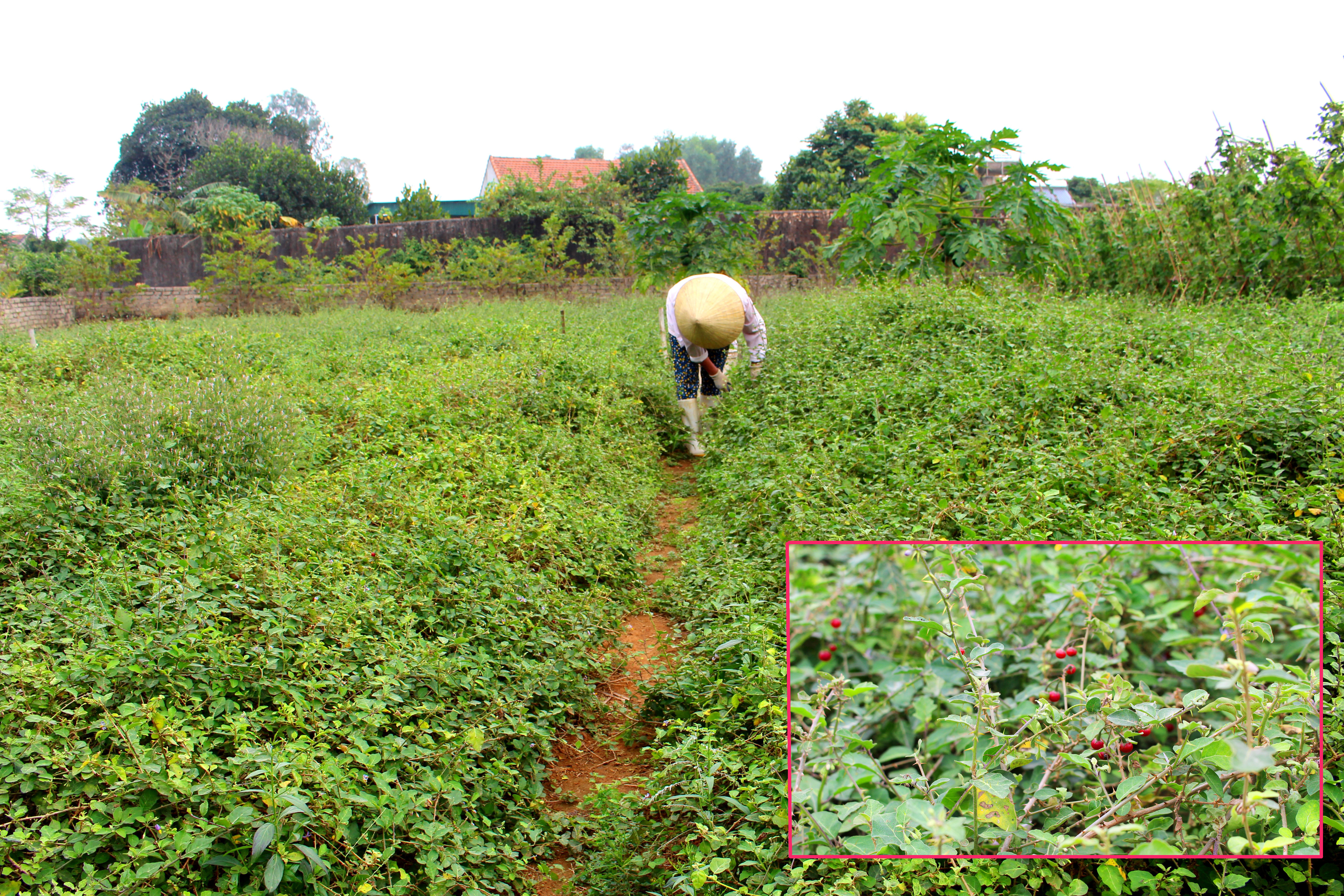Need more companionship and understanding with the grassroots
(Baonghean.vn) - In early August 2023, the Provincial Party Standing Committee will organize meetings and dialogues with the heads of Party committees and authorities of 460 communes, wards and towns in the whole province. Nghe An Newspaper recorded some opinions of grassroots officials before this dialogue.
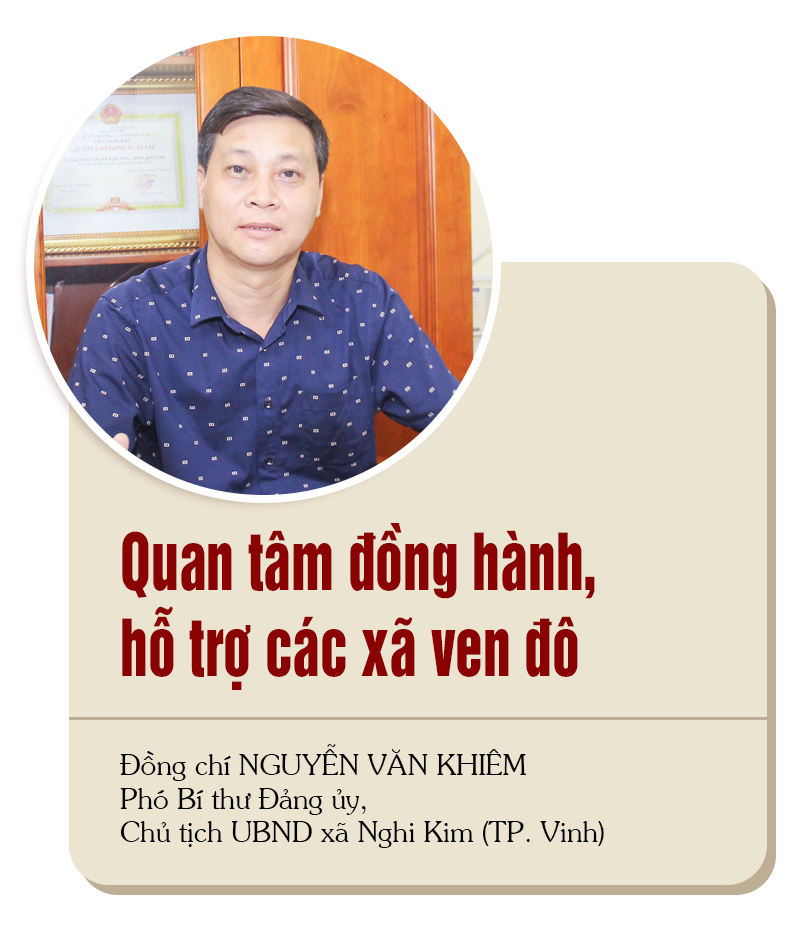
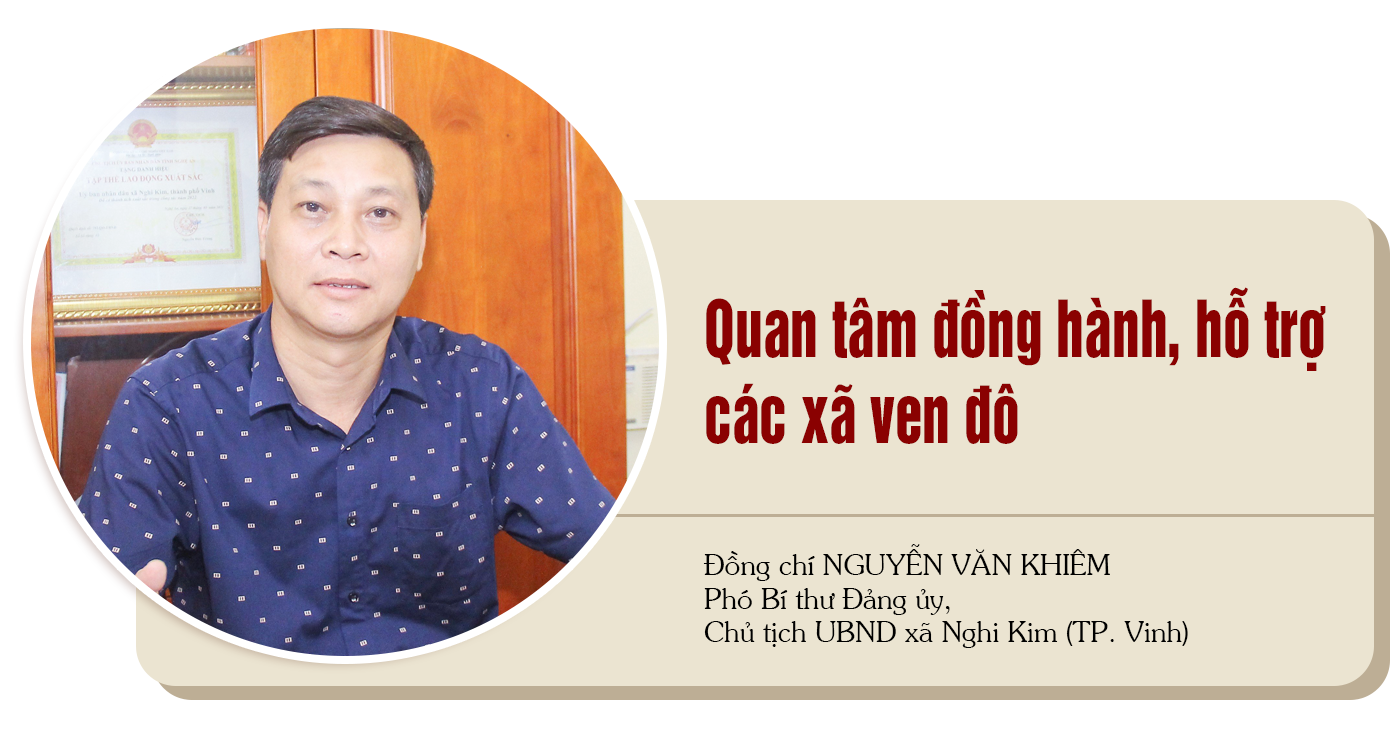
Nghi Kim is a suburban commune of Vinh city. In the development orientation for suburban communes, including Nghi Kim commune, it is to develop high-tech agriculture, clean agriculture, commodity agriculture, supplying the market of Vinh city and surrounding industrial zones. At the same time, creating green "belts" and "lungs" for the city, both creating ecological balance and promoting the development of eco-tourism, agricultural experience, trade and services.
Currently, the entire Nghi Kim commune has nearly 180 hectares of agricultural land, of which nearly 30 hectares are unproductive ponds. To promote the advantages of agricultural area and ponds, and soon realize the development plan of Nghi Kim suburban commune, if only relying on the "real strength" of the commune, it will be very difficult. Therefore, it is recommended that the province and Vinh city accompany and support the locality in investing in building synchronous infrastructure, including connecting traffic infrastructure, irrigation systems, electricity for production; associated with attracting investors to develop high-tech agriculture, eco-tourism models, experiential farming, etc.
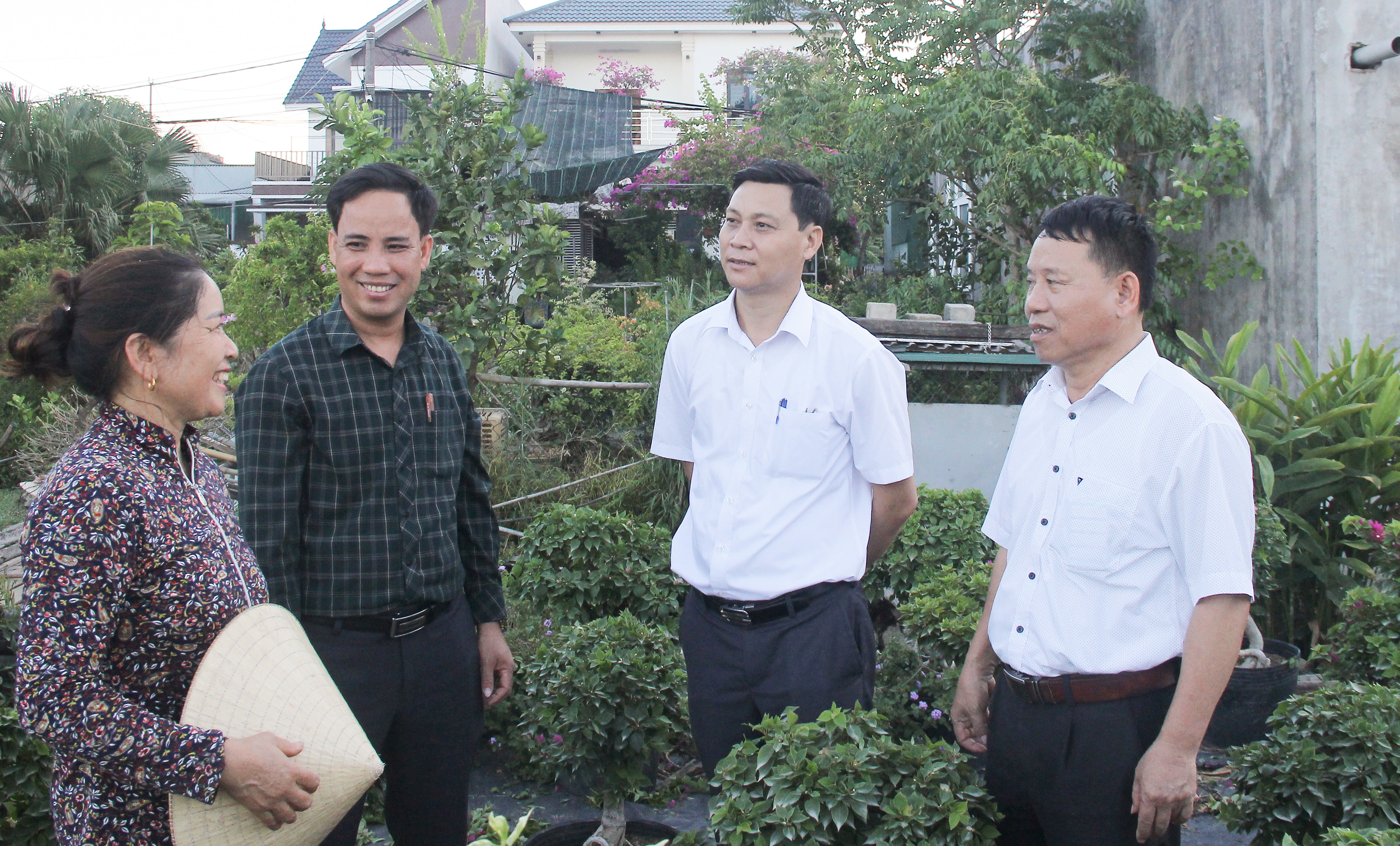
Along with that, the province also needs to research and invest in building a regulating lake on nearly 30 hectares of deep lake to create a landscape highlight, both regulating the air for the city and effectively treating wastewater from the North of the city.
* * * * *
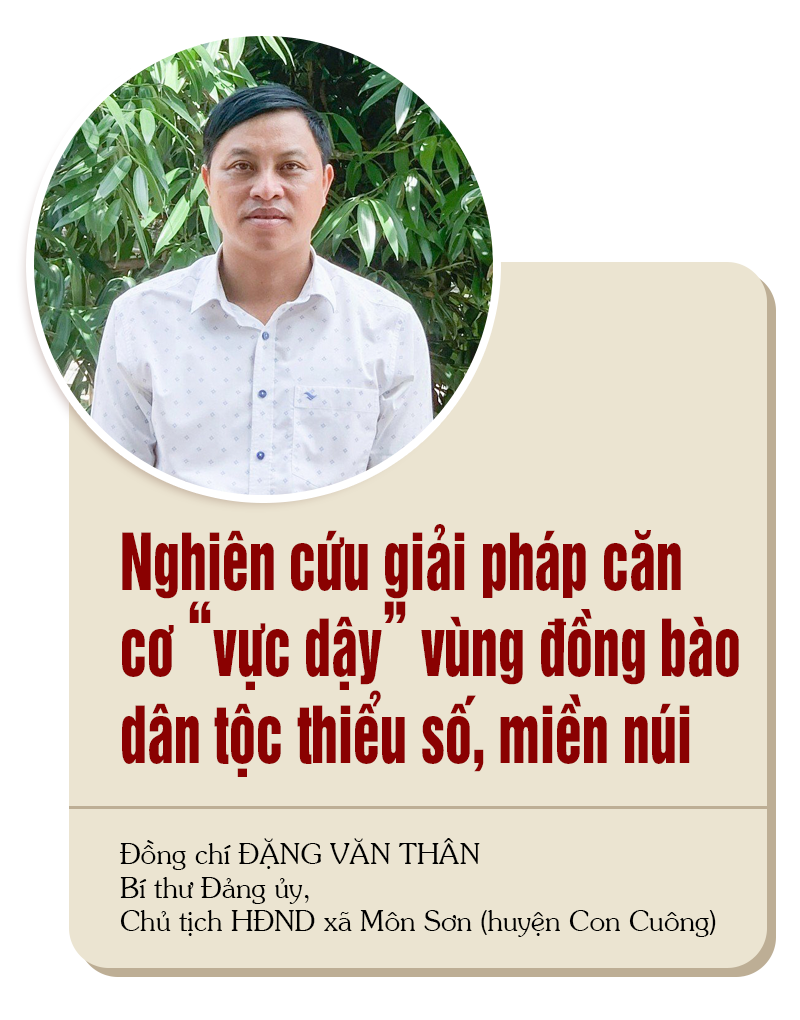
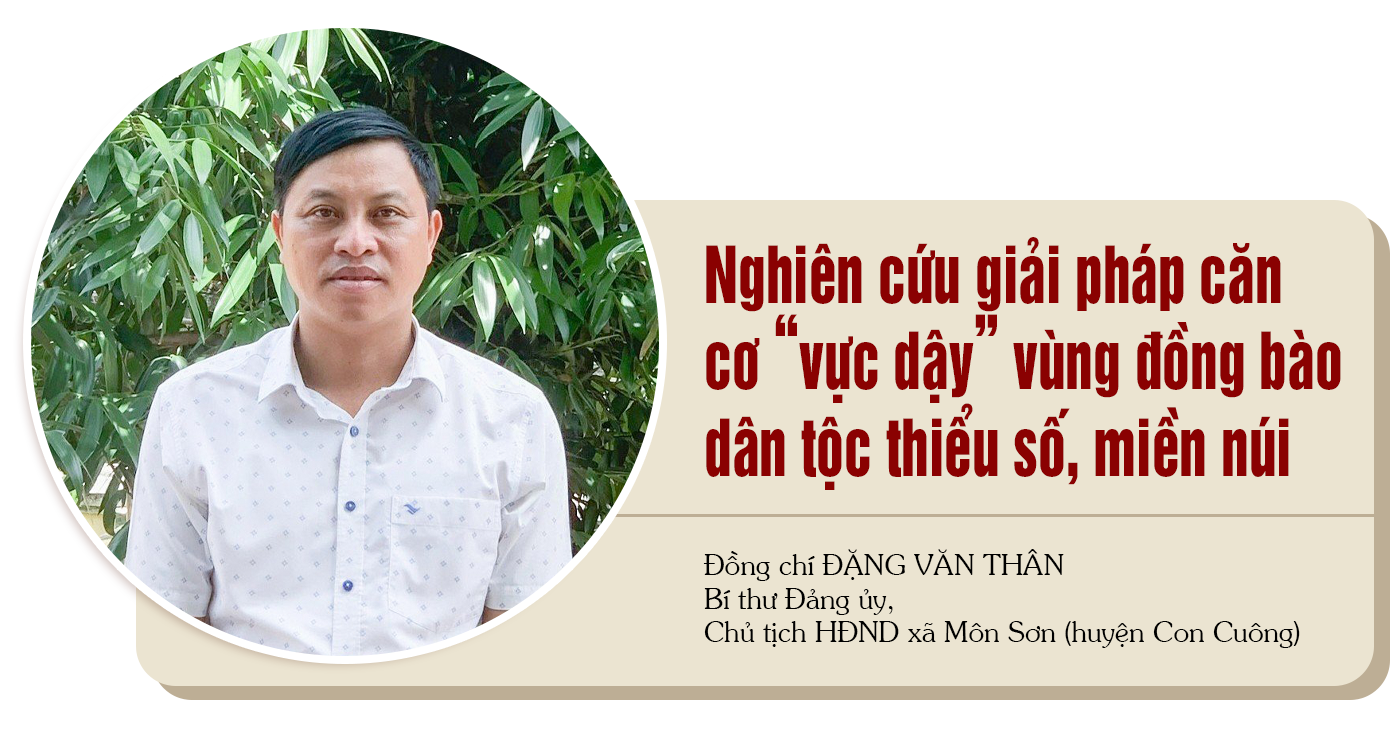
Ethnic minority and mountainous areas have their own difficulties in terms of natural and social conditions. However, this is an area with many potentials and advantages; in particular, large forest coverage with ecosystems and unique cultural identities of ethnic minorities (from costumes, living and production practices, cultural spaces, cuisine, very unique ethnic cultural identity elements...). This is a great potential for developing the tourism economy.
However, currently in ethnic minority and mountainous areas, the transport infrastructure is still facing many difficulties. Although there is a lot of tourism potential, such as in Mon Son commune, in addition to the forest ecosystem, rivers, streams, and cultural identity of ethnic minorities, there is also Pha Lai dam, the National Historical - Cultural Relic Site of Vi Van Khang's House (where the first Party cell of the Western region of Nghe An province was established), the Giang River flows through, the Dan Lai ethnic group lives in the core area of Pu Mat National Park... and diverse and rich traditional agricultural and handicraft products; but in the past time, they have not been exploited and promoted to serve the development of the tourism economy.
Along with the cause of weak transport infrastructure, investment is spontaneous, small-scale, household-scale and mainly exploiting "raw", using available resources, aiming at the goal of hunger eradication and poverty reduction, without professional investment, economic development, and rising to be well-off - rich from tourism.
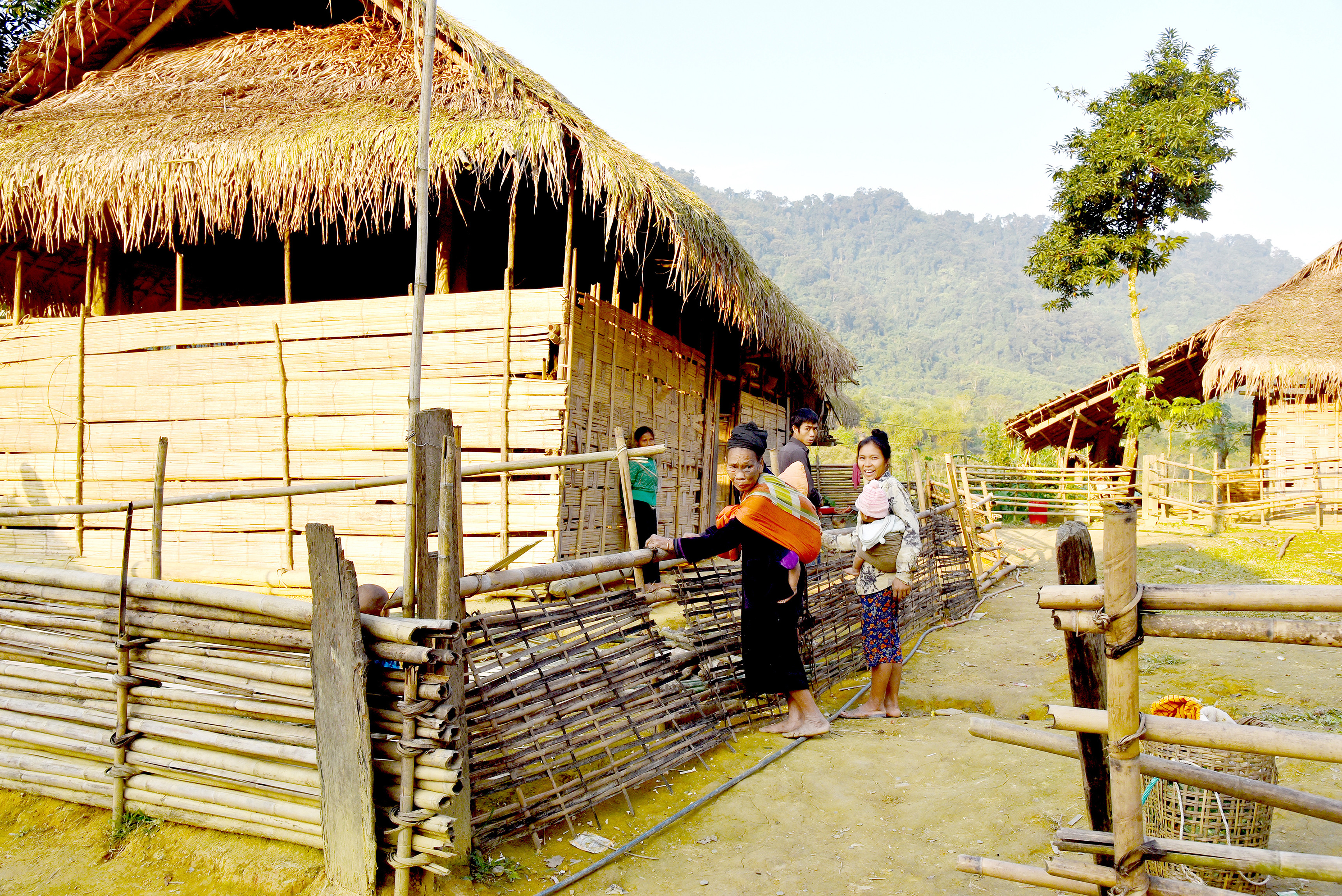
From practice, it is recommended that the province research and find fundamental solutions to "revive" ethnic minority and mountainous areas based on regional advantages. Specifically, for Mon Son commune, it is recommended that the province pay attention to investing in connecting traffic infrastructure; attracting strong enough investors associated with mechanisms to support households in developing sustainable tourism; at the same time, removing "barriers", allowing some buffer zones of Pu Mat National Park to be used for tourism economic development.
When there are specific and drastic strategies and approaches based on the potential and advantages of each locality associated with regional linkages, it will certainly create changes and sustainable development steps for ethnic minority and mountainous areas.
* * * * *
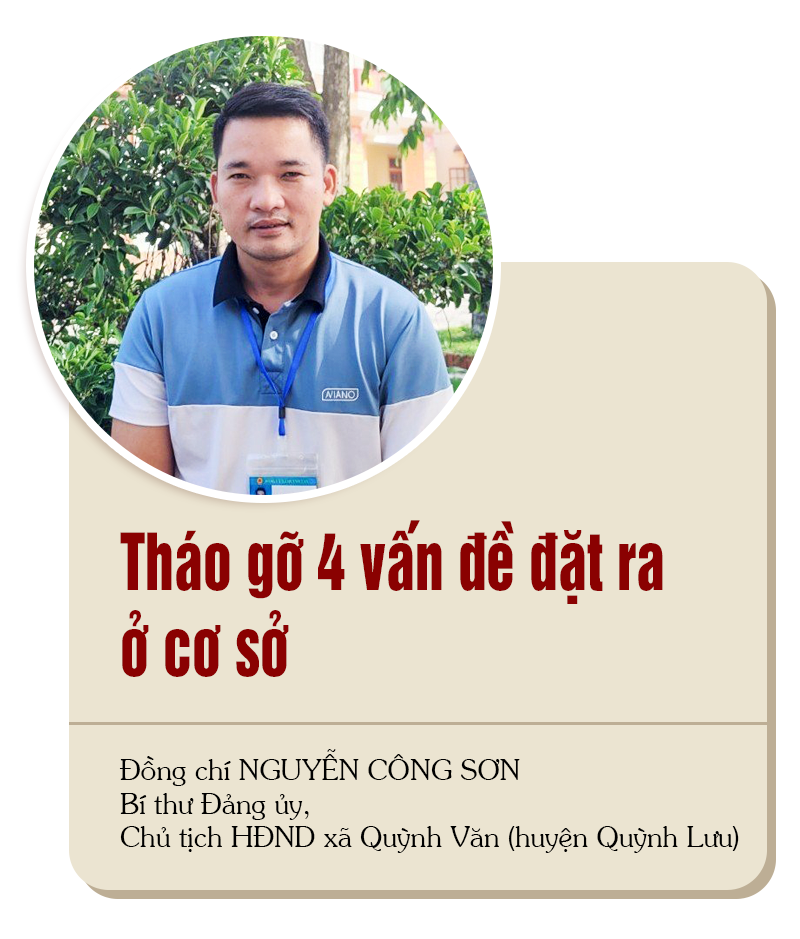
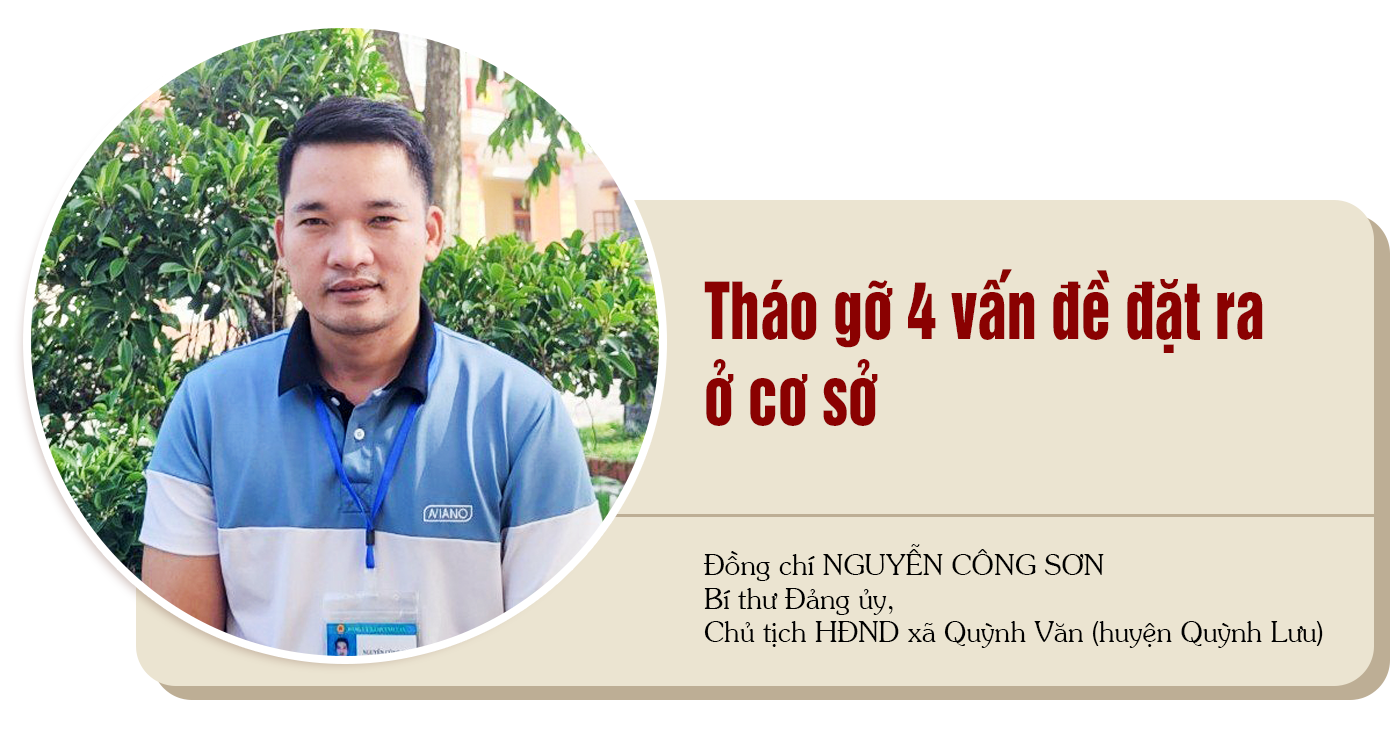
Firstly, currently, the requirements for qualifications, capacity and responsibility of the team of commune-level cadres and civil servants are increasingly high and the tasks are quite heavy; meanwhile, the arrangement and streamlining of the team continues to arise. Therefore, in practice, a number of issues are being raised that the province is proposing to resolve for the grassroots. Specifically, Decision No. 80/QD-UBND, dated December 28, 2021 of the Provincial People's Committee on regulations on the structure of civil servant positions in communes, wards and towns; which stipulates the number of civil servants for administrative units of type 2 communes such as Quynh Van commune is 8 civil servants and the position of cultural - social civil servant is arranged for 1 person. With a commune with an area of more than 1,500 hectares and a population of more than 16,000 people, but only 1 position is arranged, it is difficult for civil servants to complete their tasks due to the large workload.
Second, in addition to the inappropriate arrangement of civil servant positions, in order to "take a shortcut and get ahead" of the implementation of the arrangement of administrative units at the district and commune levels in the period of 2023 - 2030, the Provincial Party Standing Committee has decided to temporarily suspend the recruitment, acceptance of civil servants and public employees and the addition of Party committees, the appointment of leaders and managers at the district and commune levels. This has led to some establishments lacking some positions, and the number of cadres and civil servants such as Quynh Van commune has not been able to be supplemented. Therefore, it is recommended that the province soon complete the project to arrange and rearrange administrative units at the district and commune levels so that localities have the basis to complete and supplement Party committees and the missing positions of cadres and civil servants, and perfect the operating apparatus.
Along with that, attention is paid to policies to improve the regime for part-time workers at the commune, block, village and hamlet levels.
Finally, the issuance of Regulation 08-QD/TU, dated September 15, 2021 by the Provincial Party Standing Committee is a correct policy, which has gradually improved the quality of Party cell activities. However, after 2 years of implementation, there are still some shortcomings, especially for rural Party cells, such as the scoring according to the prescribed scale in some contents is not suitable and is a formality. It is recommended that the Provincial Party Committee study and adjust it to suit the actual situation in rural Party cells./.
